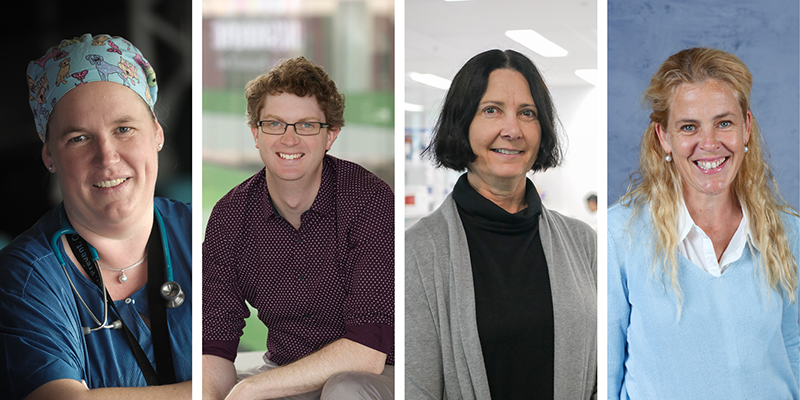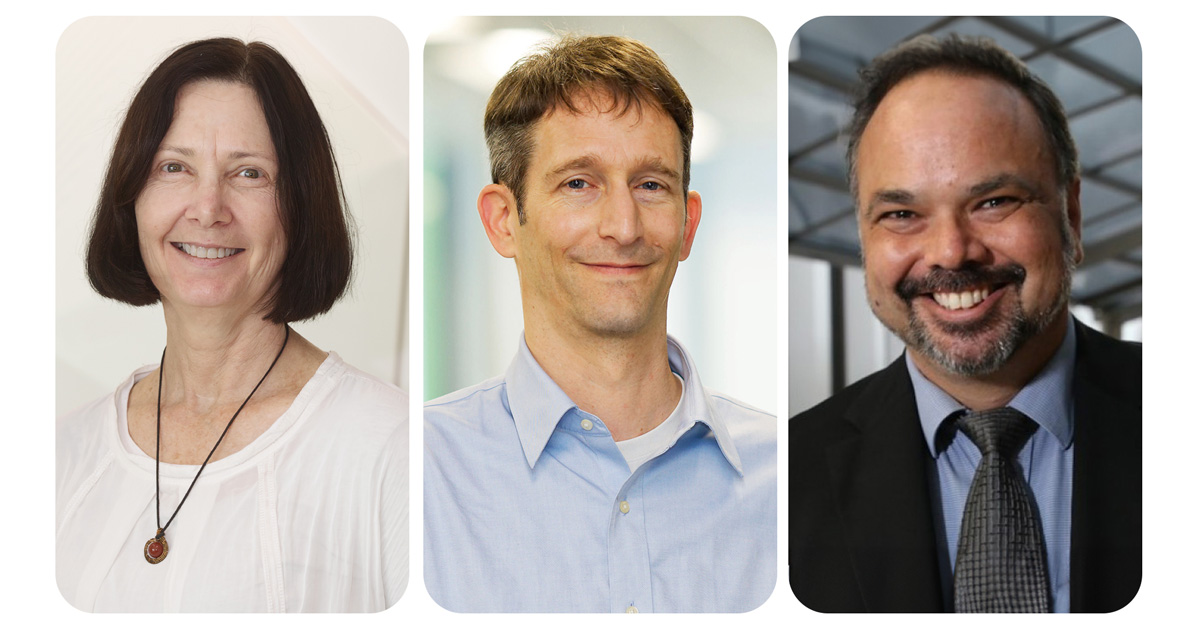Search
Research
Single-cell data combined with phenotypes improves variant interpretationWhole genome sequencing offers significant potential to improve the diagnosis and treatment of rare diseases by enabling the identification of thousands of rare, potentially pathogenic variants. Existing variant prioritisation tools can be complemented by approaches that incorporate phenotype specificity and provide contextual biological information, such as tissue or cell-type specificity.
Research
Learning to make a difference for chILD: Value creation through network collaboration and team scienceAddressing the recognized challenges and inequalities in providing high quality healthcare for rare diseases such as children's interstitial lung disease (chILD) requires collaboration across institutional, geographical, discipline, and system boundaries. The Children's Interstitial Lung Disease Respiratory Network of Australia and New Zealand (chILDRANZ) is an example of a clinical network that brings together multidisciplinary health professionals for collaboration, peer learning, and advocacy with the goal of improving the diagnosis and management of this group of rare and ultra-rare conditions.
Research
Pushing the boundaries of rare disease diagnostics with the help of the first Undiagnosed HackathonTimo Lassmann BSc (Hons) MSc PhD Feilman Fellow; Head, Precision Health Research and Head, Translational Intelligence timo.lassmann@thekids.org.au
Research
Spitz Melanoma of Childhood With A Novel Promoter Hijacking Anaplastic Lymphoma Kinase (C2orf42-ALK) RearrangementWe present the case of a prepubescent man of African descent who developed a spitzoid melanocytic proliferation showing evidence of a novel promoter hijacking ALK-C2orf42 rearrangement, with atypical histology, clinically apparent metastatic disease, and abnormal cytogenetic findings, representing a rare genuine case of "Spitz melanoma of childhood."
Research
Caregivers' Perceptions of Clinical Symptoms, Disease Management, and Quality of Life Impact in Cases of Cyclin-Dependent Kinase-Like 5 Deficiency Disorder: Cross-Sectional Online SurveyCyclin-dependent kinase-like 5 (CDKL5) deficiency disorder (CDD) is an ultrarare genetic condition causing developmental epileptic encephalopathy characterized by seizures and motor and intellectual disabilities. No disease-modifying therapies are available, and treatments focus mainly on symptom management to improve quality of life.
Research
What is it like living with X-linked hypophosphatemia?: results from an Australian consumer surveyX-linked hypophosphatemia (XLH) is a rare, X-linked dominant condition with a high burden of both physical and psychosocial disease. This study aimed to describe the experience and burden of disease for children and adults living with XLH in Australia by inviting affected individuals and their carers to complete an online questionnaire. Of the 46 responses, half were completed by a person with XLH, and half by carers. Thirty percent were male, 33% were aged less than 18 yr.

News & Events
Funding boost to help turn research into practical changeResearch projects sharing in a $2.1 million funding boost will seek to translate research findings into changes that benefit patients and help the health system run more efficiently.
Research
Postsepsis Care Needs in Children and Families: Single-Center, Codesign Qualitative Research from Western AustraliaSepsis, for children and their parents, is a life-altering illness with far-reaching psychosocial and physical impacts. We aimed to explore the needs of such patients and their parents after hospital admission for sepsis to inform the development of a Western Australian postsepsis care service.

News & Events
Generous new funding to fast-track rare disease diagnosis and unlock new treatmentsResearch that screens novel genetic variants identified in disease will be fast-tracked by a funding boost, offering new hope of an early diagnosis for families of children with a rare or undiagnosed genetic disease.
Research
Realising the potential impact of artificial intelligence for rare diseases – A frameworkRare diseases (RD) are conditions affecting fewer than 1 in 2000 persons, with over 7000 largely genetic RDs affecting 3.5 %-5.9 % of the global population, or approximately 262.9–446.2 million people. The substantial healthcare burden and costs, such as the $1 trillion annual expense in the USA, highlight the urgent need for improved RD management. The International Rare Diseases Research Consortium (IRDiRC) addresses this need through global collaboration, aiming for timely and accurate diagnosis, development of 1000 new therapies, and methodologies to measure impact by 2027.
